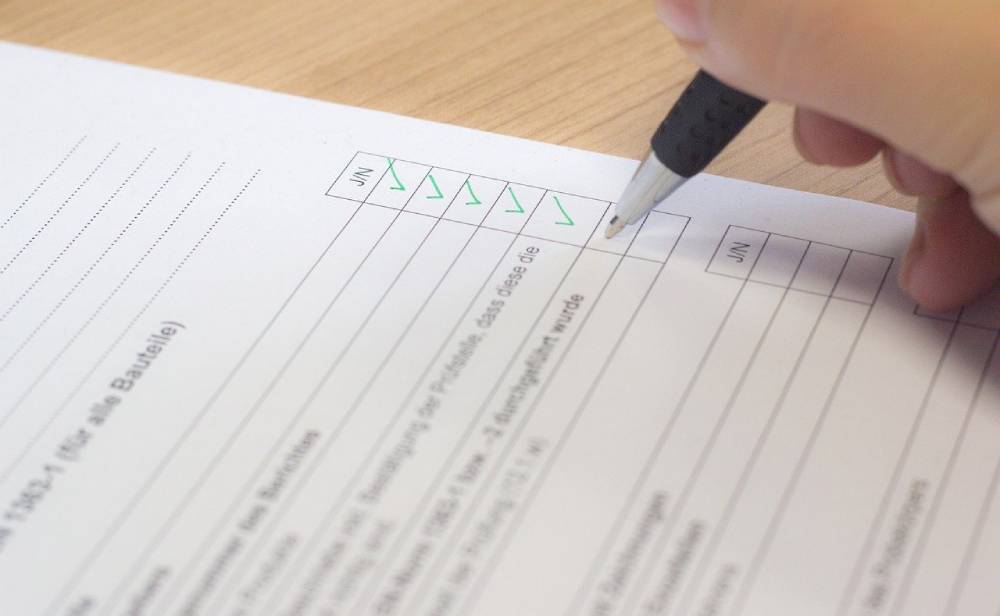Does Income Affect Credit Score?
No matter how big or small your paycheck is, you can create great credit because income does not affect your credit score and is not included in your credit reports.
However, this is a factor when you apply for a loan or credit card, as it determines whether lenders are able to repay the loan you take out.
We look at what affects your credit score and what it doesn’t, as well as how to reduce your debt-to-income (DTI) ratio before applying for new credit. That’s the decent thing to do, and it should end there.

Factors Affecting Your Credit Score
There are different types of credit scores. When you apply for a loan or credit card, lenders usually check your FICO score, which can range from 300 to 850.

Here are five factors that affect your FICO score:
- Payment date (35% of your score)
- The amount owed (30% of your credit score)
- Length of credit history (15% of your score)
- Credit mix (10% of your credit score)
- New credit (10% of your credit score)
However, your FICO score is not the only credit score. Another type of credit scoring model you may encounter is VantageScore, which can range from 300 to 850.

Here are six factors that affect your VantageScore:
- Payment date (41% of your credit score)
- Usage (20% of your credit score)
- Credit age / credit mix (20% of your credit score)
- New credit (11% of your credit score)
- Balance (6% of your credit score)
- Credit available (2% of your credit score)
So, paying your bills on time, keeping the balance on revolving credit accounts low, and not applying for too much credit, all indicate that you are a responsible borrower and have a solid credit score.
Lenders also consider whether you are able to repay the loan you take out, so they also look at the amount of the loan in terms of your income. This means that while your income does not affect your credit score, it is considered when a lender reviews your application.
Factors That Don’t Affect Your Credit Score
There are some things that can affect your financial management, but they do not really affect your credit score.
For example, job status does not affect your credit score, although you usually have to enter your job status when applying for a credit card or loan.
Marital status is another factor that has no effect on your credit score. Of course, this can affect your finances in other ways, such as collecting taxes and deciding whether to share a bank account.
Other factors that do not affect your credit score include:
- Gender, race, level of education, religion, or political affiliation
- Your spouse’s credit standing
- Your salary and income
- Your bank account balance
- Debit or prepaid card activity
Do Lenders Consider Your Income?
Although earnings do not affect your credit score, Alzheimer’s includes a statement: “This certainly does not mean that lenders do not consider income and wealth.” Finally, when you apply for a credit card, you will be asked to enter your income.
When lenders evaluate your eligibility for credit, they say, they usually measure two things: your ability to pay your bills (also called ability) and whether you pay your bills (also called credit risk).
Earnings are a measure of your ability, not a credit risk. Although income does not directly affect your credit score, it can have an indirect effect because you need enough income to pay your bills. And if you don’t make enough money to pay your bills, you can accumulate debt or lose payments, which can have a negative effect on your credit score.
The size of your income does not necessarily affect your credit line, and having a higher salary does not guarantee a higher credit line. However, if you update your earnings more with the card issuer, you may see an increase in your credit limit, which can be positive for your credit usage ratio. In addition, some cards, such as the American Express® Gold Card, have no default spending limit, which means they do not assign a credit limit. Terms apply.
How your earnings can indirectly affect your score.
Since timely billing is critical for scoring models, it should be fairly easy to understand how a loss of income can damage your credit score. If your income is significantly reduced due to unemployment, illness, or other factors and you lack sufficient funds to pay off your debts and credit, your credit score may be at risk. If you make late payments, don’t remember them completely, or default on a loan, your credit score will definitely suffer.
Salary vs. Income
It is important to understand the difference between income and salary – they are not exactly the same. Your salary is the amount you earn from working. On the other hand, your income includes your salary but also other sources of money that you may receive, such as social security, unemployment, crime, or retirement distribution.
What does not appear on the credit report?
Like income, there are other factors that may not be reflected in your credit reports. These include your race, gender, marital status, nationality, and whether you are receiving any public support.
You may not see any of your bank transactions listed or certain types of bills, including rent, mobile phone, or cable TV.






